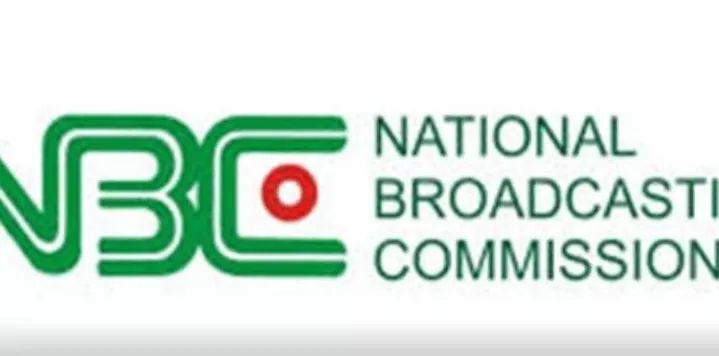The National Broadcasting Commission (NBC) says the Digital Switch Over (DSO) project will be completed by middle of 2022 when the country will fully transit from analogue to digital terrestrial broadcasting.
The Acting Director-General of the Commission, Prof. Armstrong Idachaba, gave the assurance during an interview with newsmen in Abuja on Sunday.
“With the commitment of N9.4 billion by the Federal Government and the setting up of the Ministerial Task Force by the Minister of Information and Culture, Alhaji Lai Mohammed, there will be accelerated activities toward the delivery of the project,” he said.
The News Agency of Nigeria (NAN) recalls that the minister on Feb. 23 announced the approval of the fund at the inauguration of the 14-member Ministerial Task Force to drive the DSO rollout in the remaining 31 states.
Idachaba said that with the launch of the pilot programme in Jos, Plateau in 2016, followed by Abuja and subsequently Kwara, Kaduna, Enugu and lastly Osogbo, in Feb. 2018, the launch had now resumed in big cities.
“We are going to Lagos very soon and before the third quarter of this year, we would have covered, at least, five more states.
“The signal distributors are ready and, as we speak, they are setting up their infrastructure in Lagos, Port-Harcourt and Kano, preparatory to the roll out.
“The box manufacturers are also working to ensure the availability of boxes needed.
“There is a big ambition to achieve this national assignment and the good news is that all the component players within the ecology are ready to go.
“By the plans we have, by the middle of 2022, we would have completed the digital switch over in Nigeria,’’ he said.
Idachaba gave credit to the minister for his vision in the implementation of the DSO project, stressing that the Task Force he set up was all encompassing.
“We have as part of the members, a representative of the Minister of Finance.
“I must put on record the huge support we have enjoyed from the minister in trying to push through the idea of making available the fund approved for the roll out.
“If I get the body language well, I think there are obvious signs that money will be released on time and the usual bottlenecks will not happen this time,’’ he said.
The NBC boss said they had done a retrospective analysis of what had been done over the time and identified the gaps.
He expressed the confidence that they would have a faster and seamless roll out across states, having resolved all disputes that could lead to legal cog.
Idachaba faulted the belief in certain quarters that the country missed two deadlines – June 2015 and July 2020 – owing to poor conception, mismanagement, corruption and bad leadership.
He explained that transiting from analogue to digital broadcasting all over the world is not a tea party because it is a highly demanding, tasking endeavor.
“No country has set a date and actualised it on the first set date.
“In the UK, they had to revise their entire transition strategy after they had pumped in millions of Pound Sterling.
“Also, in the USA, they had to reset the date over and over before they eventually transited,’’ he said.
He said that there were social implications for transition including affordability and accessibility as well as political, cultural considerations and financial constraints.
Specifically, he said the challenges in Nigeria had been lack of political will and financial constraints.
Idachaba said that since Mohammed came on board as minister in 2015, he mustered the political will and got the pilot scheme running in Jos followed by other states.
In addressing the challenge of limited resources, he said that with the approval of the N9.4 billion, by the government, it has been resolved that the project would be self-sustaining.
Comparatively in Africa, Idachaba said that Nigeria was miles ahead of many countries in the continent in the DSO process.
“Only few counries have been able to complete the process in Africa and when you look at their sizes they are like one sixth of our territorial space and populations.
“One of them only has one TV station like NTA and when they change their national broadcasting infrastructure, they declared that they had already transited,’’ he said.
NAN reports that the whole idea of DSO came by the 2006 decision of the International Telecommunications Union (ITU) that there is an increasing need for use of spectrum, a scarce resource in telecommunication.
Researches indicate that there will be better and more spectrum availability if broadcasters vacate from the analogue to digital mode of transmission.
In addition, migrating from analogue to digital mode will lead to increase in frequencies, lower broadcasting cost and improve viewing quality for consumers.






